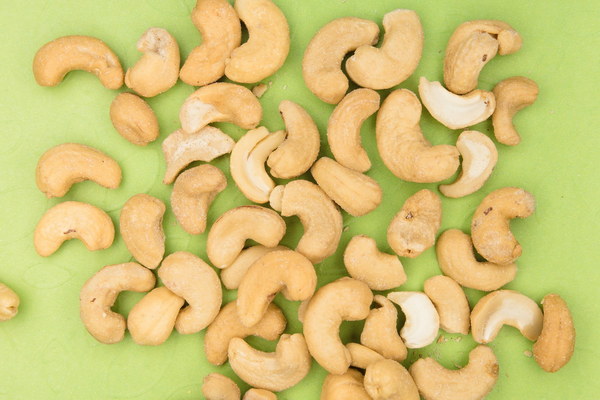The Mystery of Black Stools How to Address Anemia and Blood Deficiency through Nutrition
In recent years, black stools have become a common concern among individuals. Although it may seem alarming, it is not always a sign of a serious health issue. One of the common causes of black stools is anemia, particularly iron-deficiency anemia. This condition is often associated with blood deficiency, which can lead to a variety of symptoms, including fatigue, weakness, and shortness of breath. This article aims to shed light on the connection between black stools, anemia, and blood deficiency, and provide practical advice on how to address these concerns through nutrition.
Anemia is a condition where the body lacks enough healthy red blood cells to carry adequate oxygen to the body's tissues. Iron-deficiency anemia is the most common type of anemia, resulting from a lack of iron, which is essential for producing hemoglobin, the protein in red blood cells responsible for carrying oxygen.
When iron levels are low, the body begins to break down old red blood cells faster than it can produce new ones. The breakdown of red blood cells leads to the release of hemoglobin into the bloodstream, which can then be excreted in the stool as a dark, tar-like substance, causing black stools. This is the body's way of compensating for the iron deficiency.
Black stools are not always a direct result of anemia or blood deficiency. Other factors, such as the consumption of certain foods, medications, or gastrointestinal bleeding, can also lead to black stools. However, if you experience black stools along with symptoms such as fatigue, weakness, and shortness of breath, it is important to consult a healthcare professional to determine the underlying cause.
To address anemia and blood deficiency, it is crucial to focus on increasing iron intake through a balanced diet. Here are some tips to help you incorporate iron-rich foods into your diet:
1. Meat and Seafood: Red meat, such as beef, lamb, and pork, is an excellent source of heme iron, which is more easily absorbed by the body than non-heme iron found in plant-based foods. Other good sources of heme iron include fish, chicken, and turkey.
2. Legumes: Beans, lentils, and chickpeas are rich in non-heme iron. Pairing these with a source of vitamin C, such as oranges or bell peppers, can enhance iron absorption.
3. Dark, Leafy Greens: Spinach, kale, and Swiss chard are great sources of non-heme iron. These greens also contain vitamin C, which aids in iron absorption.
4. Fortified Foods: Many breakfast cereals, breads, and plant-based milk alternatives are fortified with iron. Consuming these fortified foods can help increase iron intake.
5. Nuts and Seeds: Almonds, cashews, and pumpkin seeds are good sources of iron. They also provide other essential nutrients that support overall health.
In addition to increasing iron intake, it is important to ensure that you are consuming enough vitamin C, vitamin B12, and folate, as these vitamins play a crucial role in the production of red blood cells. Foods rich in these nutrients include:

1. Vitamin C: Citrus fruits, strawberries, bell peppers, and kiwi are all excellent sources of vitamin C.
2. Vitamin B12: Fortified cereals, fish, poultry, dairy products, and eggs are good sources of vitamin B12.
3. Folate: Leafy greens, beans, lentils, oranges, and fortified cereals are rich in folate.
It is worth noting that certain medications and supplements can interfere with iron absorption. For example, antacids, certain antibiotics, and calcium supplements can reduce iron absorption. If you are taking any of these medications or supplements, consult with your healthcare provider for advice on how to manage these potential interactions.
In conclusion, black stools can be a sign of anemia and blood deficiency, but they can also be caused by other factors. To address these concerns, focus on incorporating iron-rich foods into your diet and ensure you are getting adequate amounts of vitamin C, vitamin B12, and folate. If you experience black stools along with symptoms of anemia, consult a healthcare professional for an accurate diagnosis and appropriate treatment.









